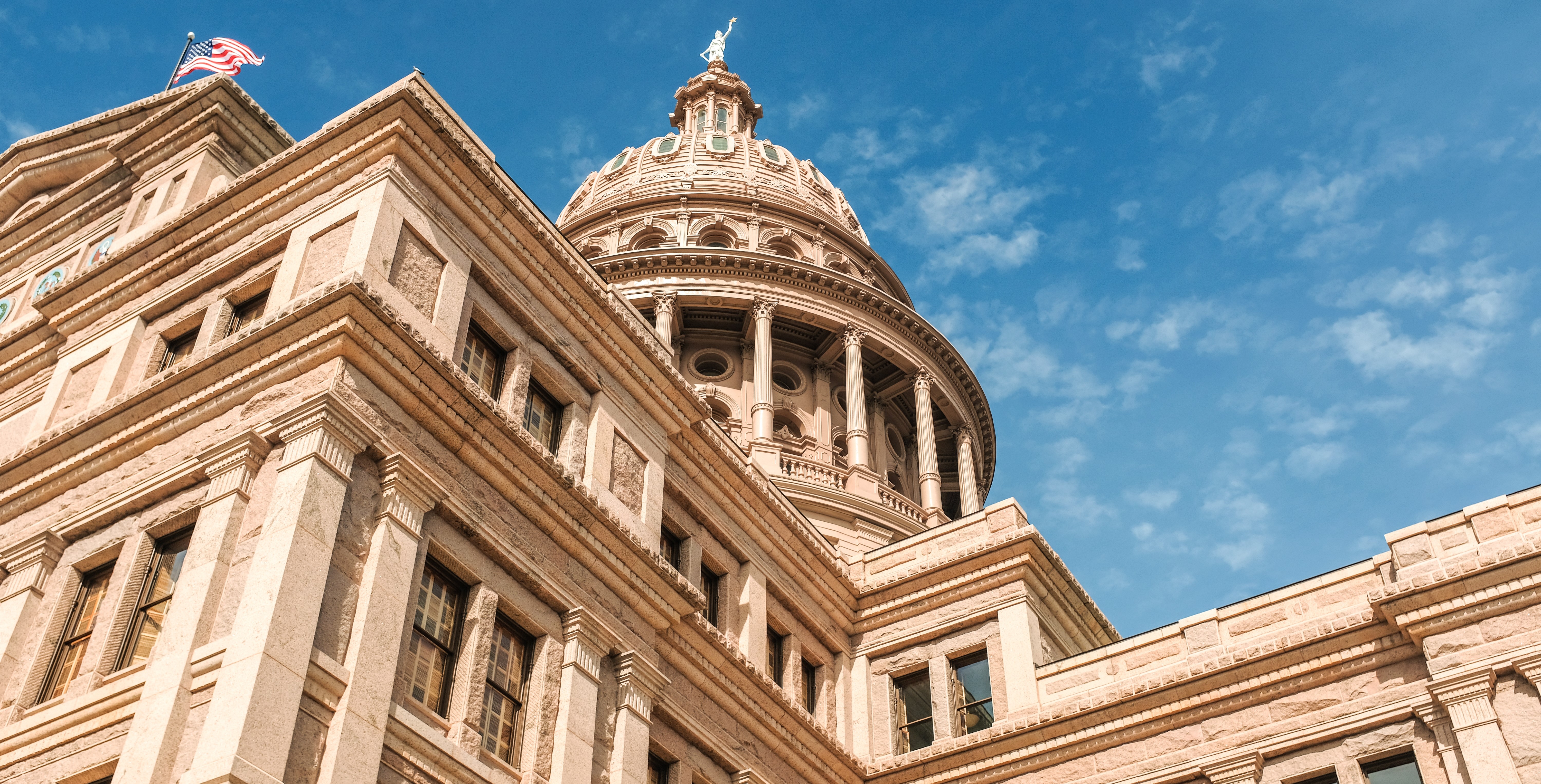Comptroller: Legislature has $24 billion surplus at its disposal

Date Posted: 1/15/2025 | Author: Mark Wiggins
Texas Comptroller Glenn Hegar announced Monday that lawmakers will start the 2025 legislative session with a $24 billion surplus left over from the previous session.
The projection was part of the comptroller’s latest Biennial Revenue Estimate (BRE), which is typically released the day before the start of a new legislative session. Hegar elaborated on the contents of the BRE in a conversation Monday afternoon with Texas Tribune Editor-in-Chief Matthew Watkins.

In addition to the $24 billion available in unspent general revenue, the next two-year budget cycle will begin with a $24 billion balance in the state’s Economic Stabilization Fund (ESF), commonly called the “rainy day fund.”
The ESF is approaching its maximum allowable capacity, prompting Hegar to suggest legislators discuss whether to lift the fund’s cap and bank additional tax revenue, which primarily comprises proceeds from oil and gas taxes.
The surplus includes $4.5 billion set aside by the Legislature in 2023 for school funding, teacher pay, and a voucher bill. During the previous session, legislators chose not to release that money to schools following threats from Gov. Greg Abbott (R) to veto any public school funding until the Legislature passed a voucher bill House lawmakers had signaled on multiple occasions they had no interest in passing because of its lack of popularity among constituents.
Hegar noted that schools are closing and eliminating programs despite a historic surplus because of the previous Legislature’s spending decisions.
Under the various proposed voucher bills, the comptroller’s office would be tasked with administering any private school voucher program. Hegar said his office was not interested in administering a voucher program and initially believed the governor should administer his own program through the Texas Education Agency (TEA). Indeed, Hegar emphasized the very thought of administering a voucher program caused him to lose sleep.
Assuming the Legislature chooses to continue setting aside $4.5 billion for education and considers the $7.3 billion in unspent dedicated funds that cannot be reallocated to other uses, Watkins pointed out that legislators in 2025 are looking at roughly $12 billion in funds that aren’t spoken for.
Despite the surplus, Hegar cautioned that boom times are “not the new normal”. In fact, while speaking just last month, he acknowledged that virtually all of the current surplus can be attributed to funds left unspent from the previous cycle's budget surplus. Hegar went on to advise legislators to prepare contingencies for lean years in the future. Looking further at long-term policy initiatives, Hegar highlighted affordable housing needs and water policy.
The comptroller enumerated a few potential factors that could negatively affect the state’s otherwise healthy economic outlook, including developments related to armed conflicts overseas and the potential for deteriorating trade policy, particularly with regard to China.
You can read the comptroller’s full BRE report here.
CONVERSATION
RECOMMENDED FOR YOU

02/27/2026
Teach the Vote’s Week in Review: Feb. 27, 2026
SBOE approves 4,200 edits and corrections to Bluebonnet Learning instructional materials. Plus: Election Day is Tuesday, March 3.

02/27/2026
SBOE special-called meeting highlights philosophical divides
The Texas State Board of Education met for a full day on February 25th in a special-called meeting.

02/24/2026
Get out and early vote this week for important statewide offices
It’s time to Teach the Vote in the races for Texas governor, lieutenant governor, attorney general, and comptroller.


I absolutely agree with you Dolores. It’s truly unfair the traditional public schools/districts are underfunded and are being punished because a voucher system wasn’t passed 2 years ago.
Public school teachers work hard every day to educate our children,but, yet they are not fairly compensated for the hard work.Inflation has had a negative effect on the lives of teachers, and their families. Teachers need help from the surplus budget.